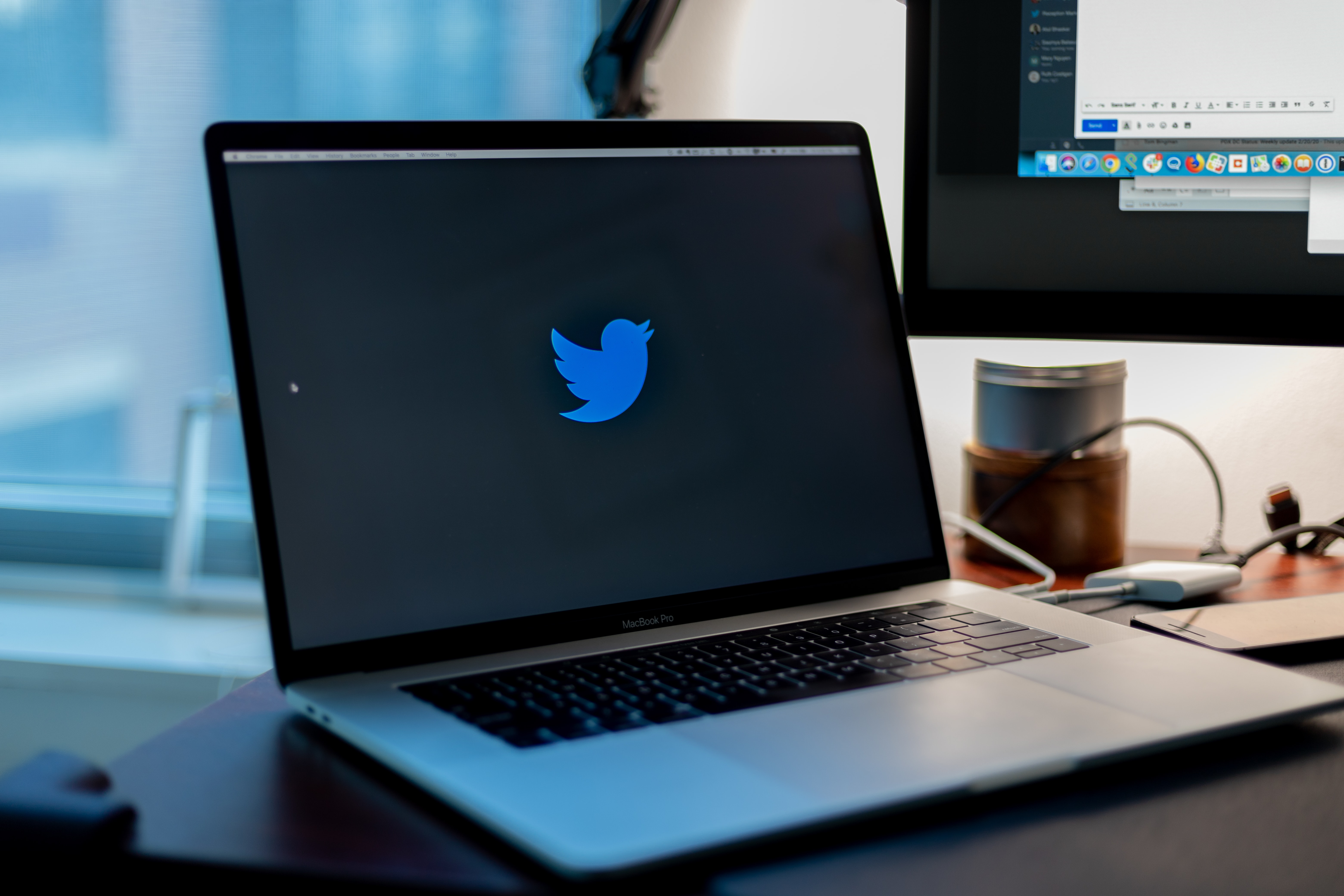How much more abuse do female politicians face? A lot.

The context: When Twitter announced it would start removing tweets expressing hope that President Trump would die of covid-19, a number of users—notably women and people of color in politics— openly asked why Twitter didn’t seem to be enforcing the same rules against abuse and threats in their own mentions.
On Monday, the Institute for Strategic Dialogue, a London-based think tank that researches extremism, released some timely data showing that some of the same politicians calling out Twitter’s inaction are indeed facing more attacks online than other politicians.
The study: Researchers collected publicly tagged mentions on Twitter and Facebook for a handful of politicians for two weeks in June and July, scrutinizing them manually and using AI to identify abusive posts.
Overall, researchers found that women and people of color were “far more likely than men to be abused on Twitter.” They found that women received an average of 12% more abuse on Facebook than male politicians. Between 5% and 10% of mentions of most male politicians were considered abusive, while mentions of female politicians on Twitter contained abuse between 15% and 39% of the time.
Overall, women were targeted much more personally by the tweets in the study. While male politicians primarily faced abuse that used general terms, women—and in particular, Representatives Alexandria Ocasio-Cortez and Nancy Pelosi—were attacked with deeply personal and gendered language.
The conclusion: The fact that these groups face much more harassment should be surprising to literally nobody who has been on Twitter. But the study focuses on such a small number of politicians that it is easy to read too much into the specifics.
However, the report helps quantify one of the platform’s longest-running issues at a crucial moment, as Kamala Harris, the Democrats’ vice presidential candidate, prepares to debate Vice President Mike Pence, and as activists raise alarms about online voter suppression campaigns.
The findings may not really be new, but they reinforce what women and people of color have been saying about Facebook, Twitter, and other major social-media companies for years: that while the sites may increasingly have policies banning abusive behavior, the enforcement of those policies often leaves its most common targets open to sustained, coordinated harassment.
Deep Dive
Humans and technology
Building a more reliable supply chain
Rapidly advancing technologies are building the modern supply chain, making transparent, collaborative, and data-driven systems a reality.
Building a data-driven health-care ecosystem
Harnessing data to improve the equity, affordability, and quality of the health care system.
Let’s not make the same mistakes with AI that we made with social media
Social media’s unregulated evolution over the past decade holds a lot of lessons that apply directly to AI companies and technologies.
Stay connected
Get the latest updates from
MIT Technology Review
Discover special offers, top stories, upcoming events, and more.